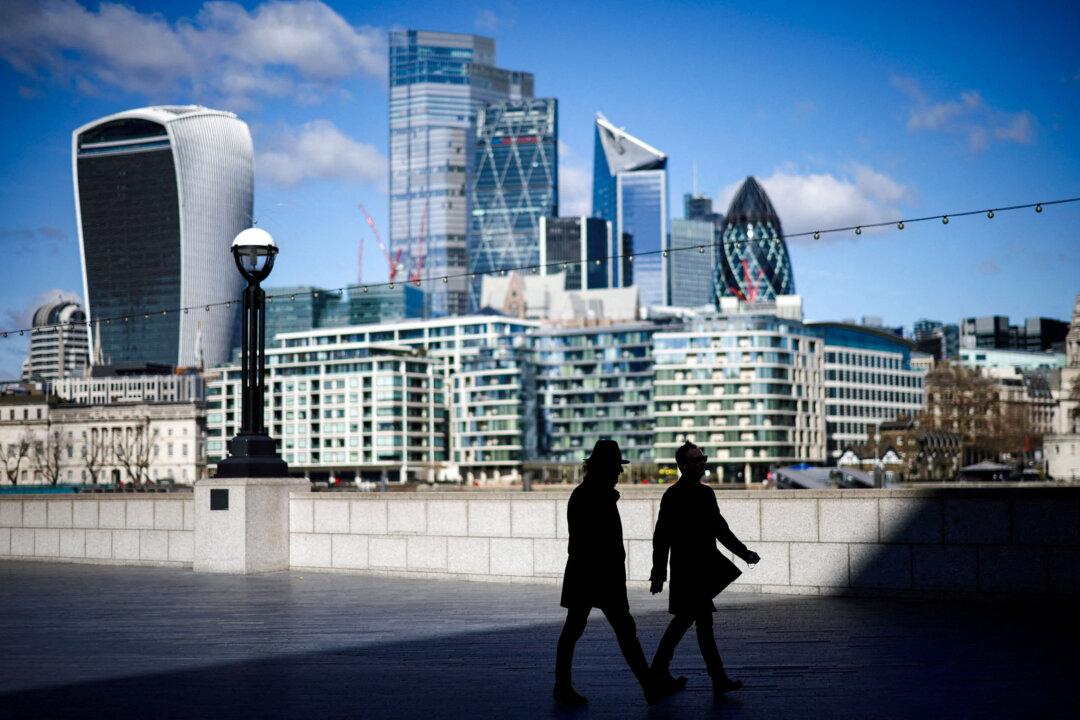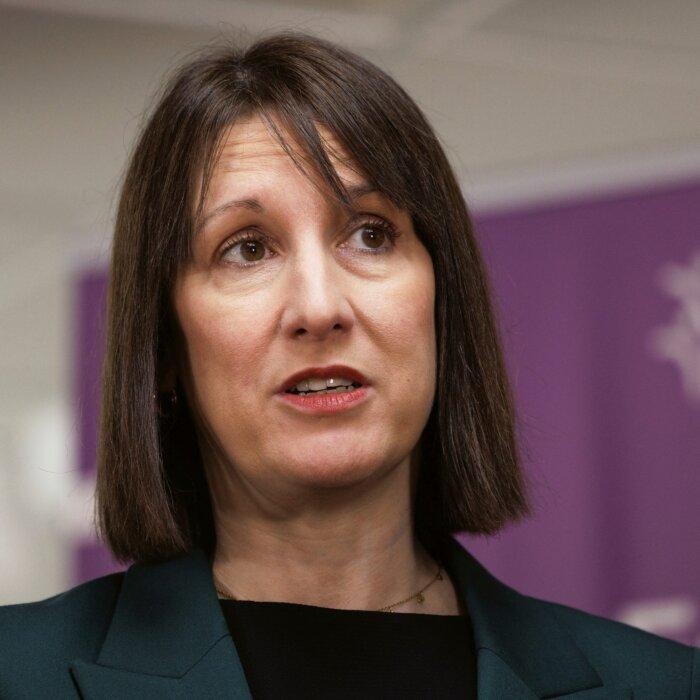The UK economy flatlined in the third quarter of the year, while expectations for growth among businesses have reached their weakest point in two years.
Boosting growth to make the UK the fastest-growing economy among the G7 nations is a top priority for the government.
Commenting on the third-quarter figures, Chancellor Rachel Reeves said: “The challenge we face to fix our economy and properly fund our public finances after 15 years of neglect is huge.
“But this is only fuelling our fire to deliver for working people. The Budget and our plan for change will deliver sustainable long-term growth, putting more money in people’s pockets through increased investment and relentless reform.”
The ONS Director of Economic Statistics Liz McKeown said the economy performed worse in the second and third quarters than initially estimated. Sectors like bars, restaurants, legal firms, and advertising were particularly affected.
She also noted that the household saving ratio had declined slightly but remained high by historical standards, while real household disposable income per head showed no growth.
Reports of zero growth come as UK inflation is rising at its fastest pace since March. November recorded a rise by 2.6 percent, up from 2.3 percent in October.
Business Confidence
The period of zero growth was recorded in the run-up to the Autumn Budget, delivered in October.A survey of businesses between Nov. 25 and Dec. 12, indicated that the economy is “headed for the worst of all worlds,” the CBI said on Monday.
The disappointing outlook comes as private sector activity fell in the three months to December (-21 percent) and at a faster pace than in the three months to November (-13 percent).
“Businesses continue to cite the impact of measures announced in the Budget – particularly the rise in employer NICs – exacerbating an already tepid demand environment.
“As we head into 2025, firms are looking to the government to boost confidence and to give them a reason to invest, whether that’s long overdue moves to reform the apprenticeship levy, supporting the health of the workforce through increased occupational health incentives or a reform of business rates,” said Alpesh Paleja, CBI interim deputy chief economist.
He added that, in the long term, businesses are looking to the industrial strategy to offer stability and certainty, which could drive innovation, investment, and economic growth.
According to Reeves, it will provide the certainty and stability businesses need to invest in high-growth sectors driving growth.
Separate economic figures on Monday recorded a surge in the UK jobs market, with vacancies and average salaries increasing to their highest point of the year.
According to jobs site Adzuna, there were almost 880,000 vacancies in November, an increase of 2.3 percent from October. The increase was driven by Christmas hiring, with logistics and warehouse jobs alone up by 12.6 percent on the month, Adzuna said.







